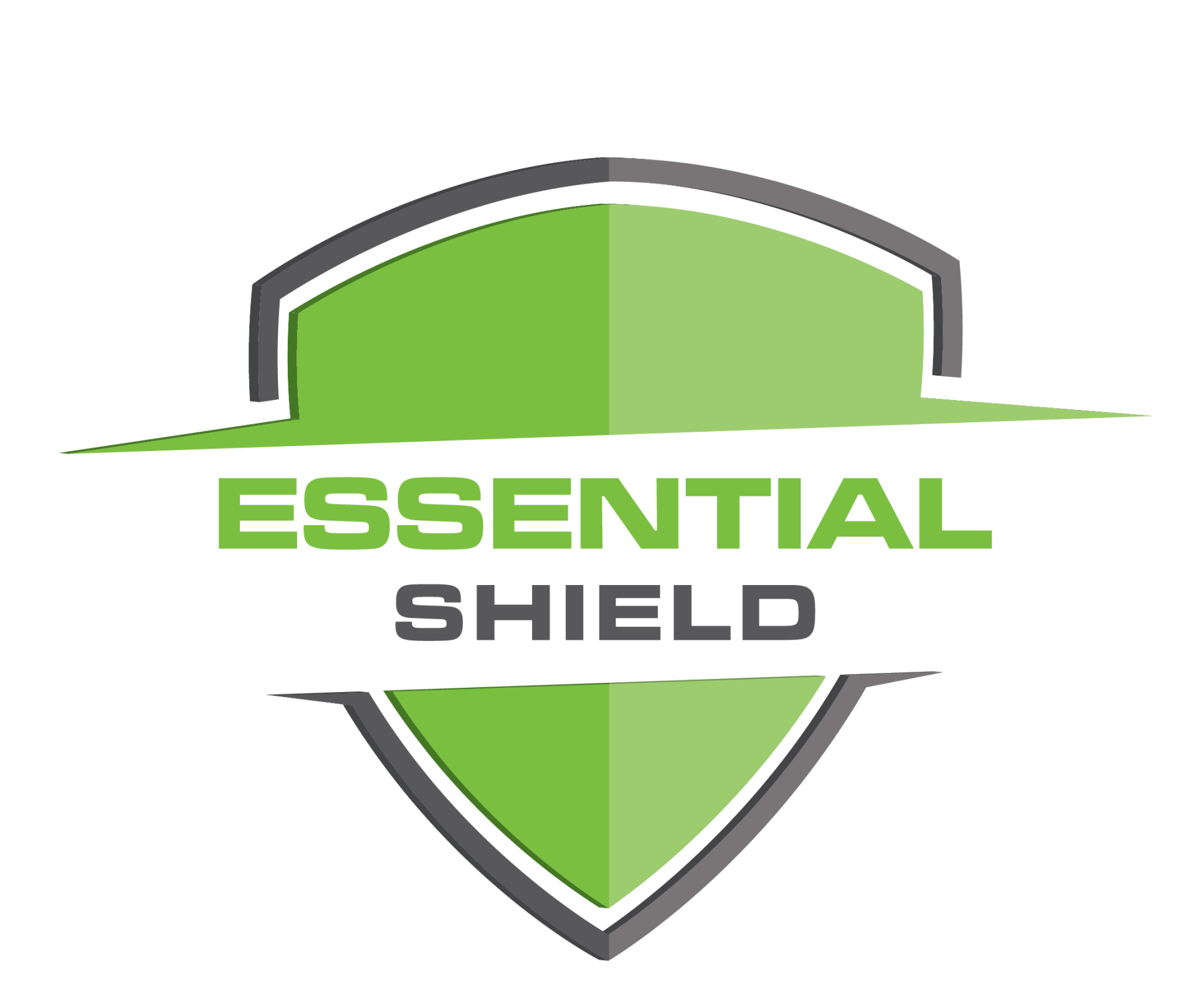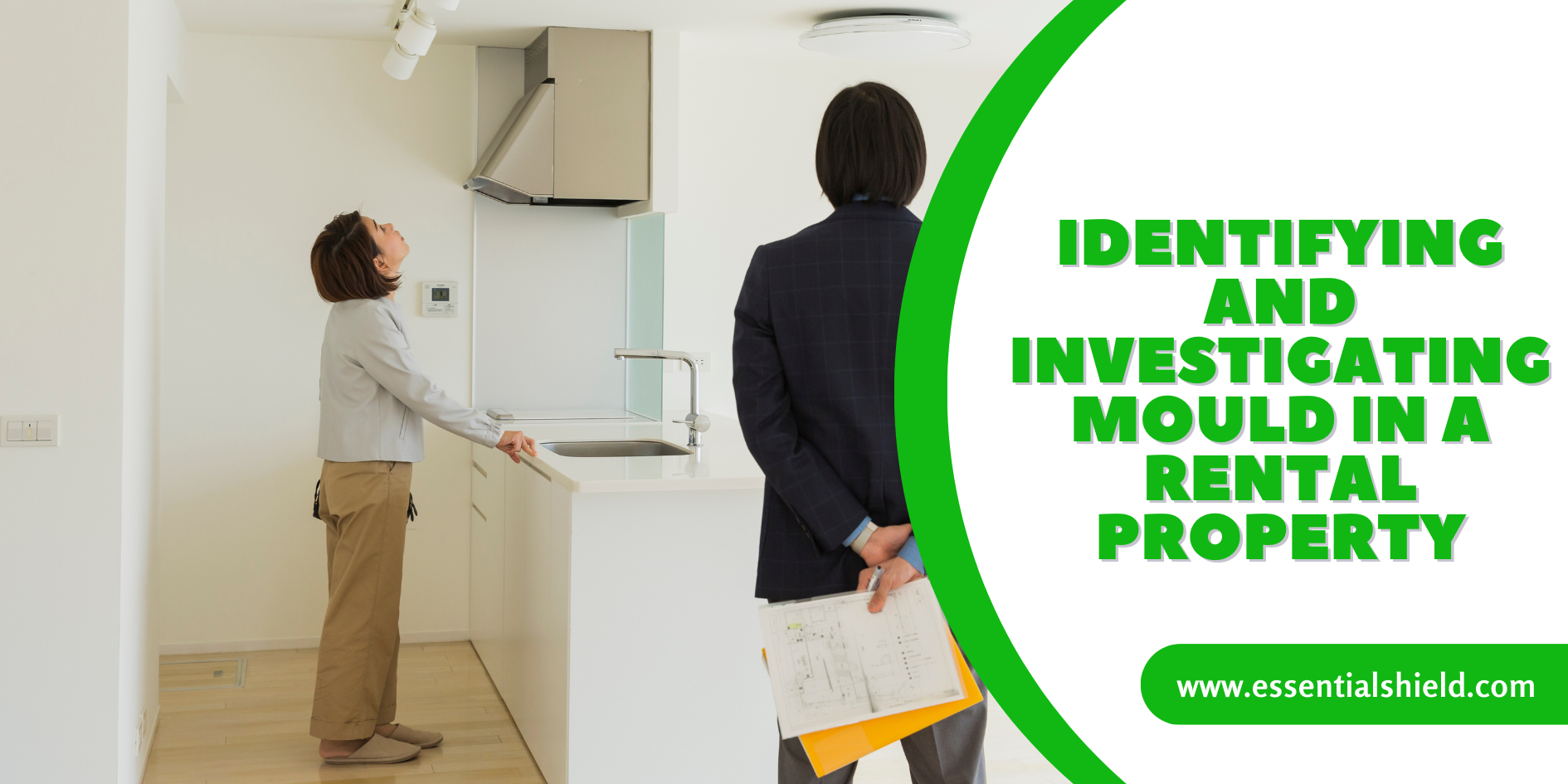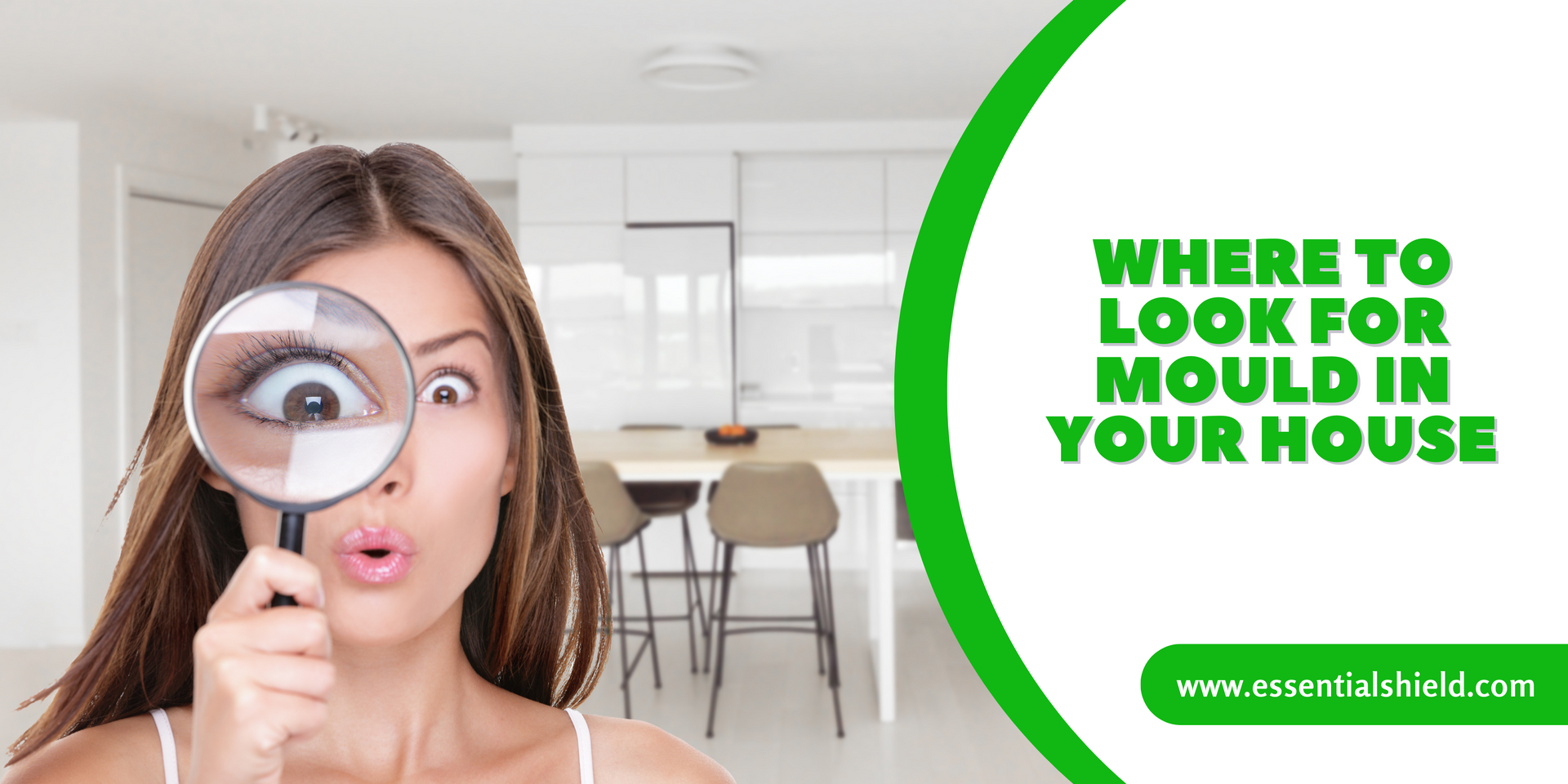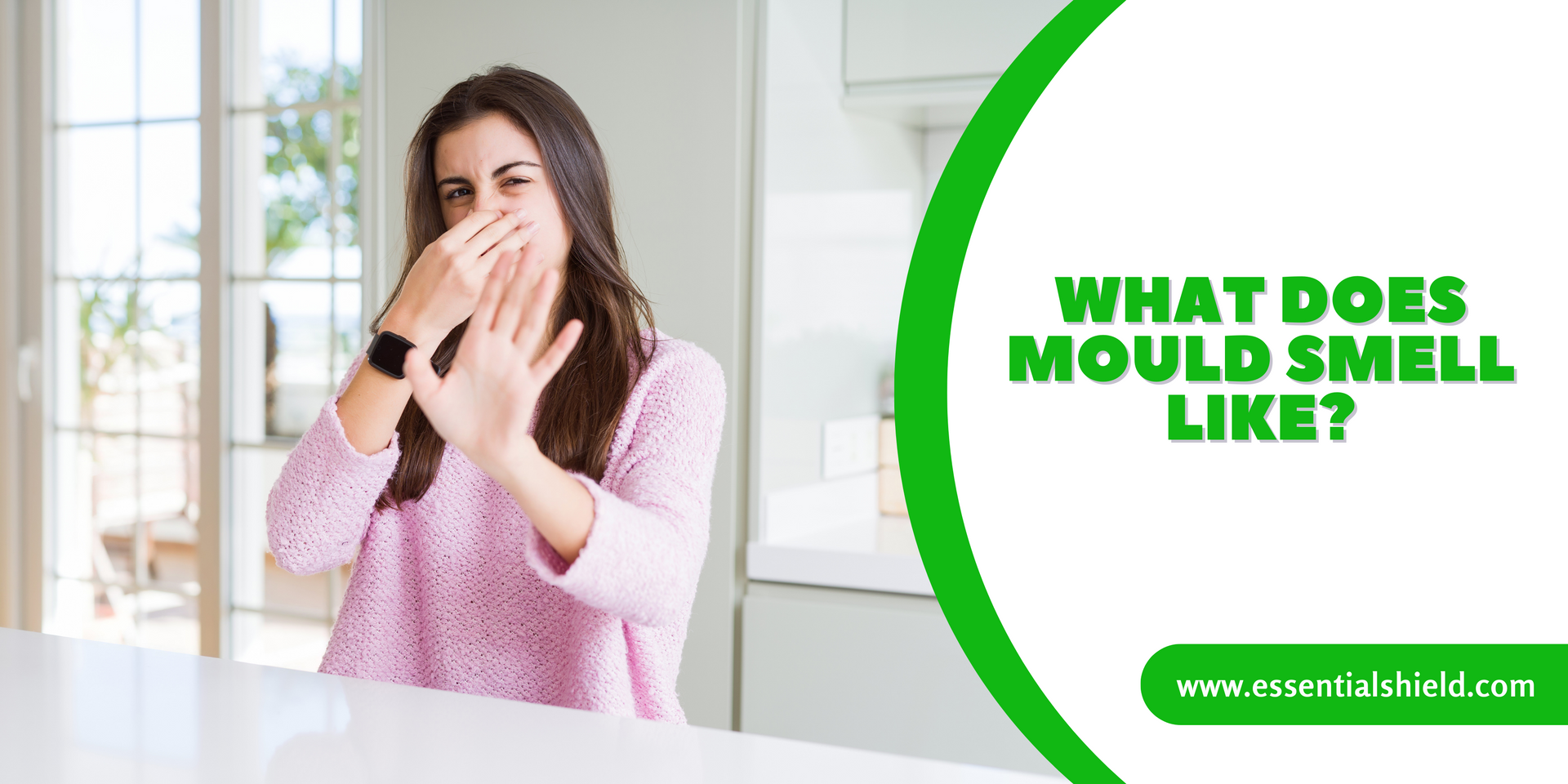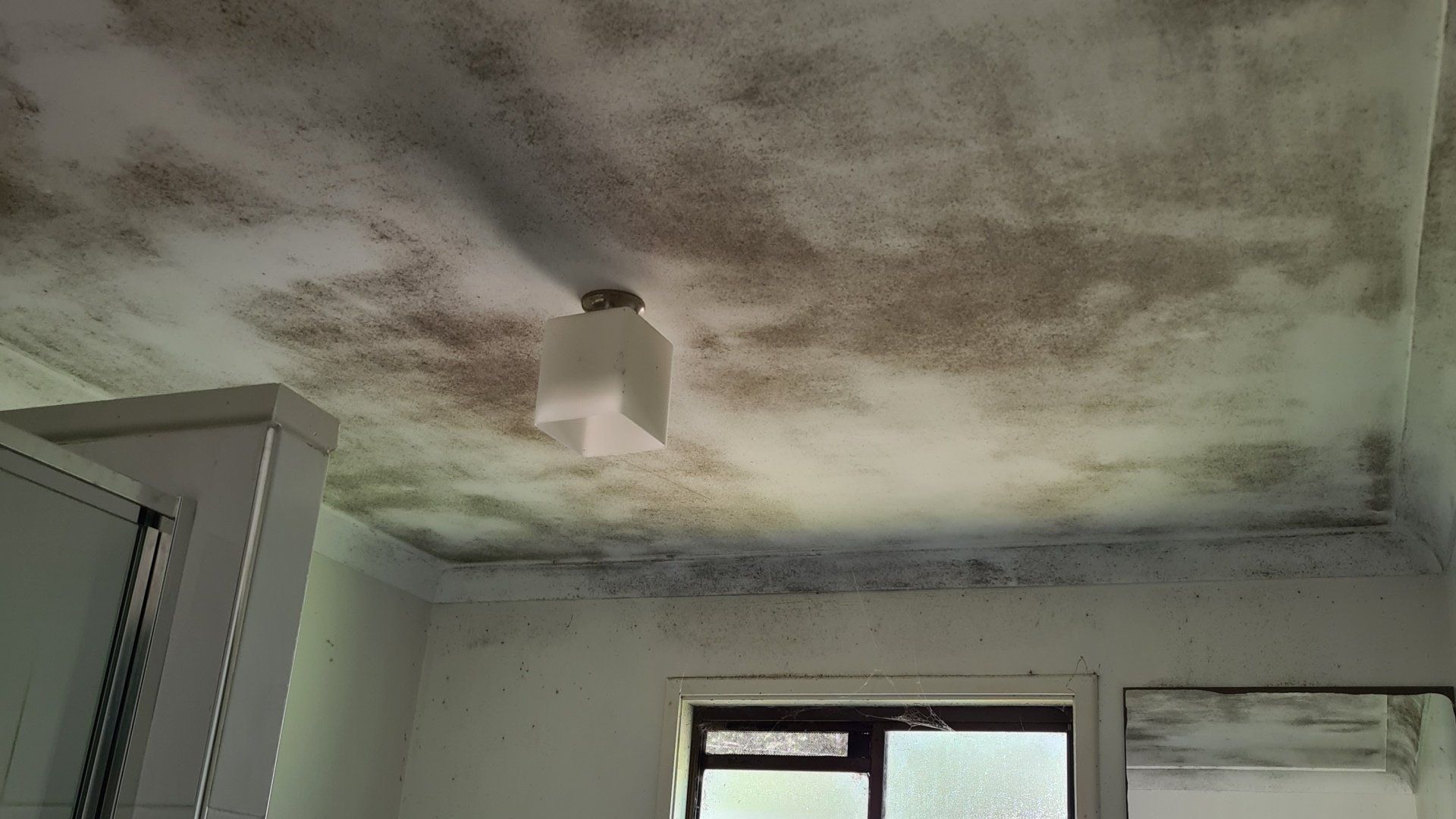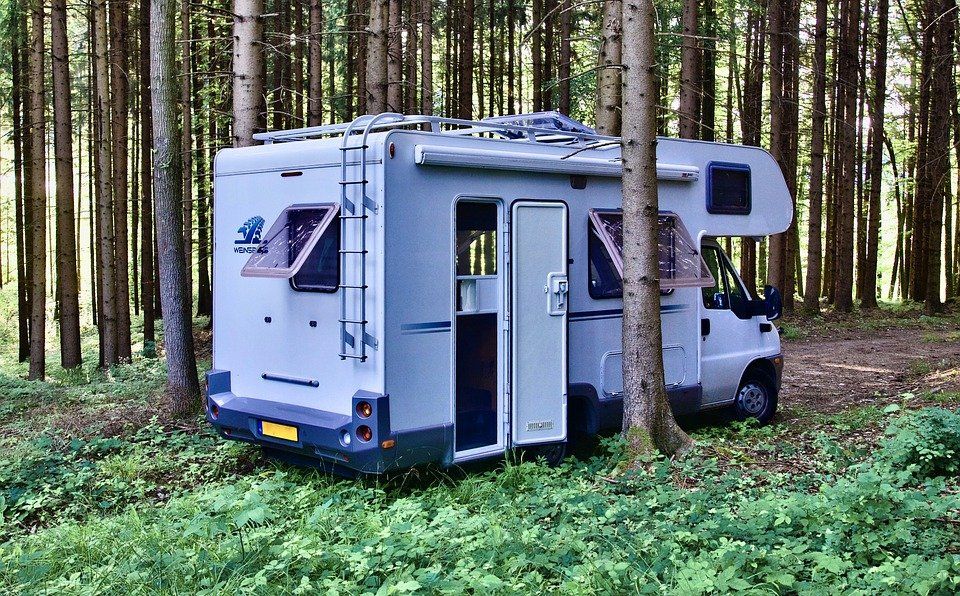Identifying and Investigating Mould in a Rental Property
Mould can be a major problem in rental properties, but it doesn't have to be. As a tenant in Australia, there are certain steps you can take to protect yourself and your property from mould. In this blog post, we'll discuss the causes of mould, best practices for preventing and managing mould, and your rights as a tenant. Keep reading to learn more!
Identifying and Investigating Mould in a Rental Property
If a tenant notices mould in their rental property, they need to think if it is a house keeping issue (dust build and such) if it is clean the surfaces. If it is due to a failure in the property such as a water leak or failing ventilation they should alert their landlord or property manager as soon as possible to ensure their health and safety rights are protected as well as the owners property.
Mould can be a serious problem as it can create a hazardous living environment. It is important for tenants to be aware of their rights, and to notify the landlord or property manager if there is any mould present in the property that is not related to general house keeping. The landlord or property manager must then take steps to address the problem as soon as possible.
The landlord is responsible for investigating and resolving the issue of a building issue, so tenants should document any evidence of mould to help with the investigation process However, the property manager holds the ultimate responsibility in dealing with any potential health risks due to mould. The tenant should make sure to document any evidence of mould they find in order to assist with the investigation process. The property manager must act quickly to ensure the health and safety of all tenants.
Tenant Health and Mould Prevention Strategies
Taking preventative measures is key to avoiding mould in a rental property, such as monitoring humidity levels and ensuring adequate air circulation. Tenants should strive to maintain good indoor air quality by opening windows /doors, using air purifiers, and using bathroom and extraction kitchen fans.
This will help to prevent condensation build-up, which can lead to mould growth. Regularly cleaning and dusting will also significantly help to reduce the risk of mould. It's important for tenants to be aware of the health risks associated with mould, as it can cause respiratory issues, allergies, and other health problems. If a tenant suspects that there is mould present in their rental property, they should contact their landlord immediately.
Regularly checking for signs of dampness or water damage can also help identify potential areas of mould growth before it becomes a problem. Health issues that could arise from mould include respiratory problems, skin irritation, and allergic reactions.
As a tenant, it is important to inspect your living space for any signs of mould or water damage, and to report any concerning signs to your landlord / property manager immediately. By staying informed and proactive about the potential health threats posed by mould, you can protect yourself and your family from health problems that could otherwise result.
Taking steps to improve insulation and seal any cracks or gaps or roof leaks can also help reduce the likelihood of mould growth in a property. Taking steps to improve insulation and the sealing of any cracks or gaps in the walls / roofs can help reduce the likelihood of mould growth. Therefore, it is important to recognize the importance of discussing further improvements with your landlord / property manager to ensure a healthy living environment.
In conclusion, mould can be an unwelcome guest in rental properties in Australia. As a tenant, it is important to be proactive in preventing and managing mould to protect yourself and your owners property.
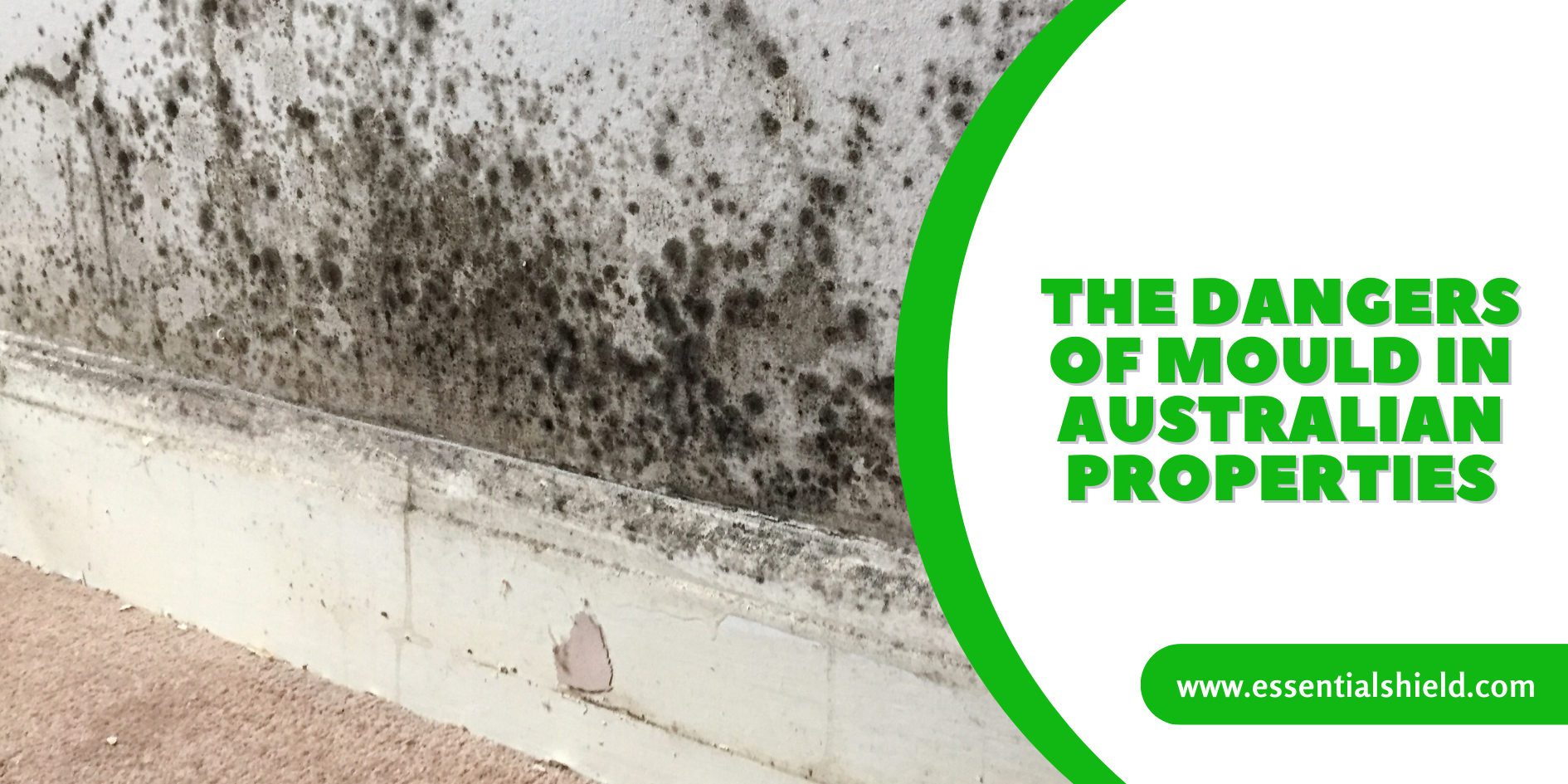
Australian Shipping Only : Flat rate of $14.95 for orders under $100.00 (Product total). Free for over $100.00.
